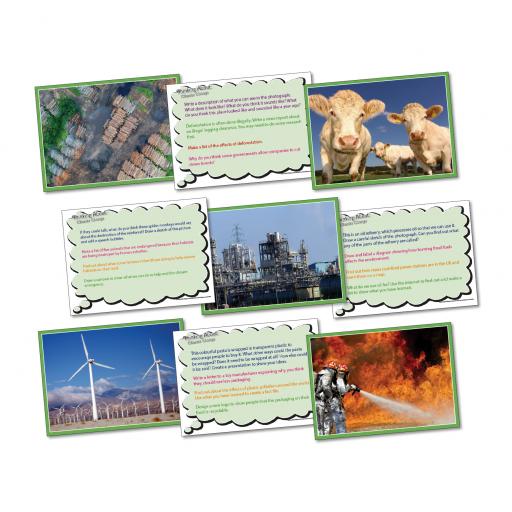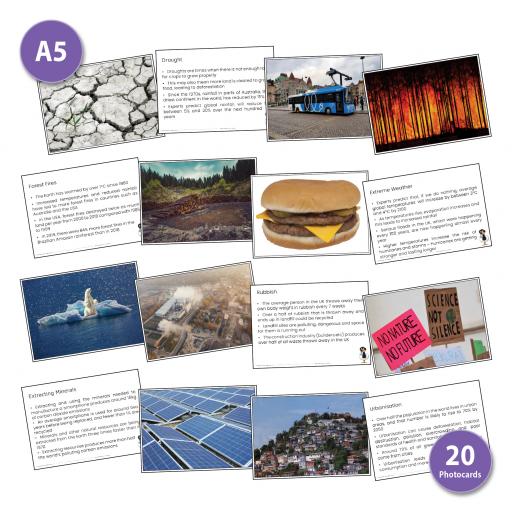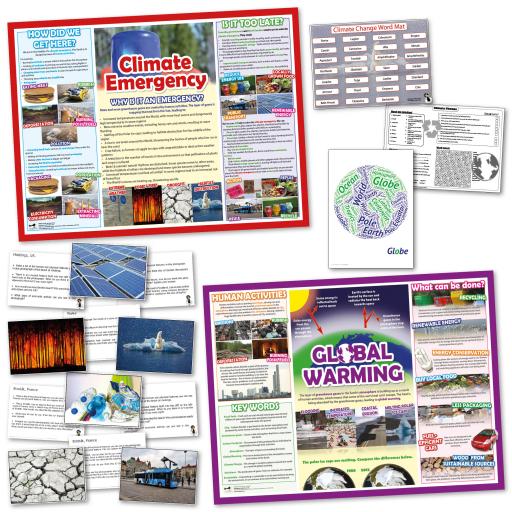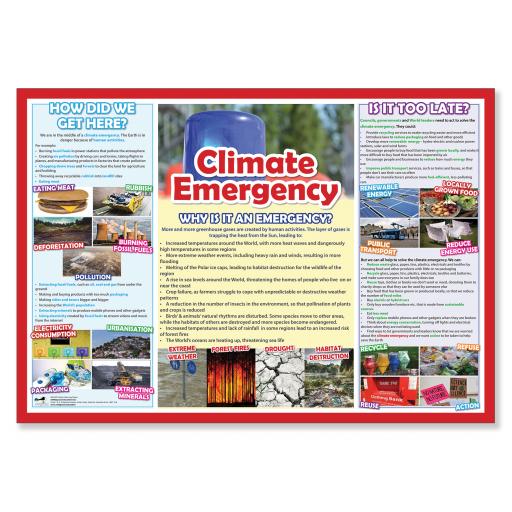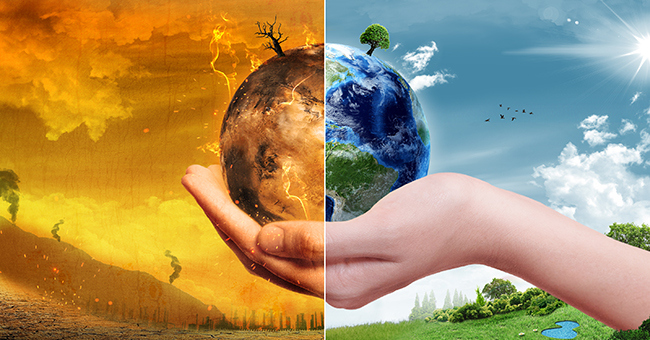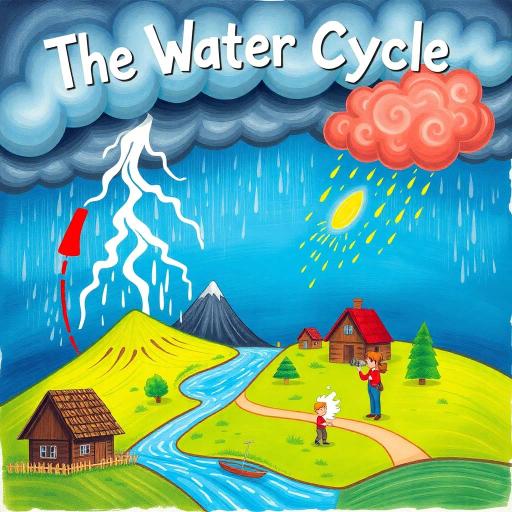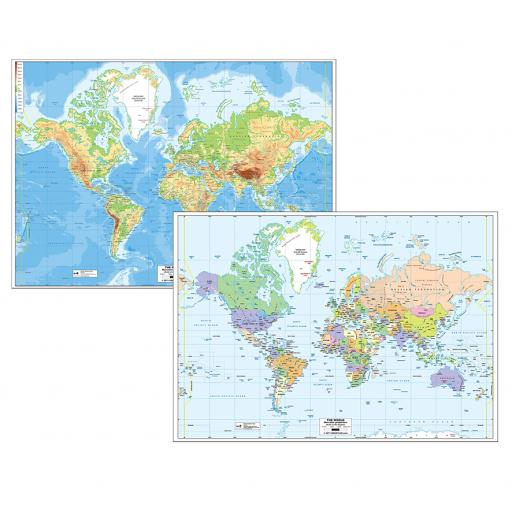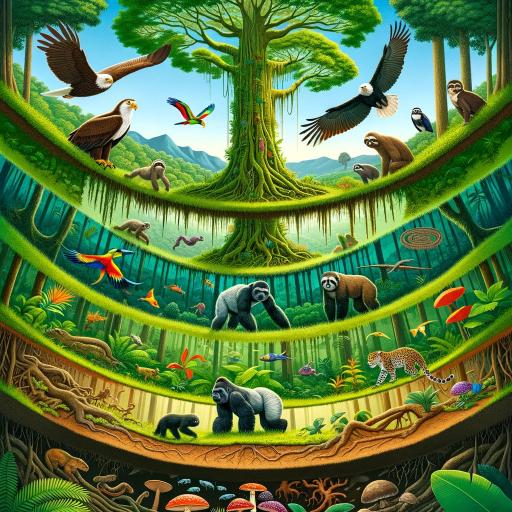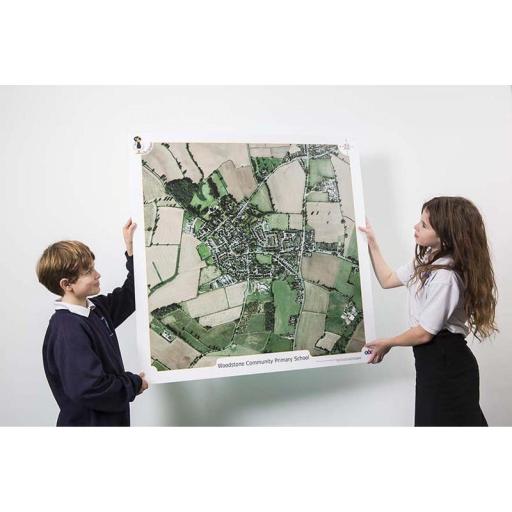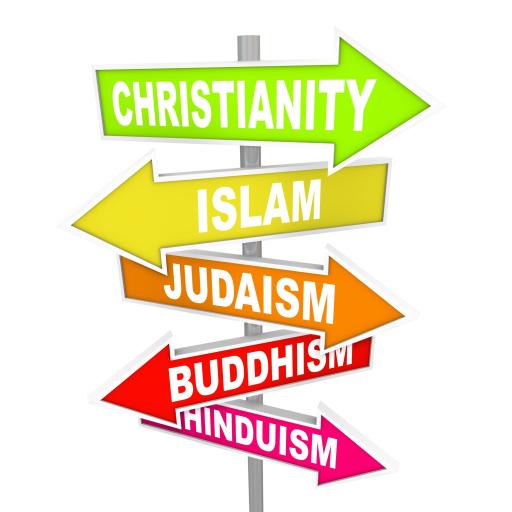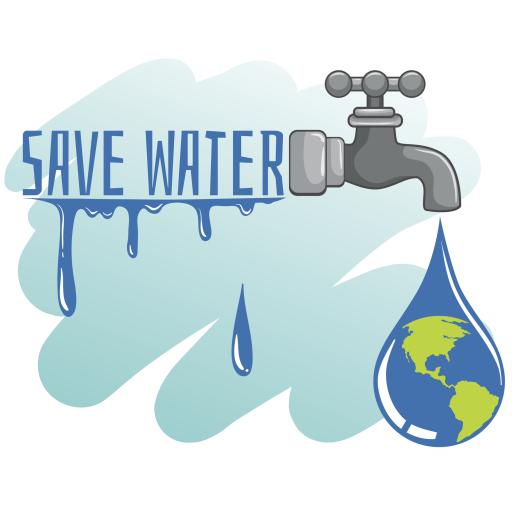What is COP27?
COP stands for Conference of the Parties and is the United Nations conference on climate change. It will be the 27th year this conference has taken place.
When does COP27 take place?
Sharm El-Sheikh, Egypt will host this years COP27 summit beside the red sea, the weekend commencing 4th November, in an effort to tackle climate change.
What is Climate Change?
Climate change refers to long term shifts in temperature and weather patterns. These shifts may be natural, such as through variations in the solar cycle. But since the 1800’s, human activists have been the main driver of climate change, primarily due to burning fossil fuels like oil, coal and gas.
Many scientists and UN officials believe COP27 is the best hope in progress on the climate issue. The global effort to cut emissions is “woefully inadequate” and means the world is on track for “catastrophe”, the UN warned.
What has happened at previously held COP events?
Last year’s UN climate conference in Glasgow culminated in a host of pledges on net zero, emissions cuts, finance, forest protection and more. Egypt state their conference will be about implementing these pledges. Paris held the summit in 2015 and made a breakthrough in helping developing countries accept the worst impacts of climate change could be avoided if they too cut carbon emissions. Before that they had argued they didn’t cause the climate problem: so why help fix it?
Who funds Climate change?
Back in 2009, developed countries promised to help the developing world cut emissions and adapt to our changing climate. It was supposed to be delivered in 2020 but now, these resources won’t be available in full until next year – three years late.
Pakistan, which suffered horrific floods earlier this year, is demanding the developed world also agree funding to compensate for loss and damage climate change is already causing in developing countries.
Europe and US have agreed there should be discussions on the issue but are unlikely to make cash commitments. They worry the costs could spiral into trillions of dollars as the impacts of climate change get more severe in the years to come.
What are the consequences of climate change?
Only 24 out of 193 countries updated their carbon cutting ambitions this year, leaving the world on track for temperature rises of 2.7C. The impact of such a temperature increase could result in more frequent wildfires, longer periods of drought in some regions, and an increase in the duration and intensity of tropical storms.
Our food supply depends on climate and weather conditions. Increased temperatures, drought and water stress, diseases and weather extremes create challenges for the farmers and ranchers who put food on our tables.
Climate change can also have a detrimental effect on human health, Dry conditions lead to more wildfires which bring many health risks. Higher incidences of flooding can lead to the spread of waterborne diseases, injuries and chemical hazards. As geographic ranges of mosquitos and ticks expand, they carry diseases to new locations.
Some living beings are able to adapt to climate change; some plants are blooming earlier and some species may expand their geographic range. But these changes are happening too fast for many other plants and animals.
Climate Change. A possible solution?
- Reduce food loss and waste and shift to more sustainable diets.
In 2021, the Food and Agriculture Organization estimated we consumed more meat than ever. By 2050 this will, by some estimates, increase greenhouse gas emissions from food production by 60%. Likewise, many farmers use nitrous-based fertilizers to grow more crops, more quickly to meet demand.
- Embrace electric vehicles, public transport, and other non-motorised options for travel.
mass adoption of electric vehicles and public transport — along with walking, biking, skating, and scooting — is key to cutting the greenhouse gas emissions from fuel-based motor vehicles.
- Remove carbon dioxide
To reach net zero emissions, we need to do more than just reduce our emissions: we need to actively remove carbon dioxide from the atmosphere or offset its effects. The easiest way to do this is by planting new forests (afforestation) or restoring old ones (reforestation). Other enhanced land management practices can help, as can new technologies that suck CO2 out of the air or prevent it from leaving smokestacks.
- Act
The best policy ideas in the world aren’t worth much if we don’t have activists, experts, and everyday people fighting for change. From school groups to churches; from corporate boardrooms to mayors and local leaders:
